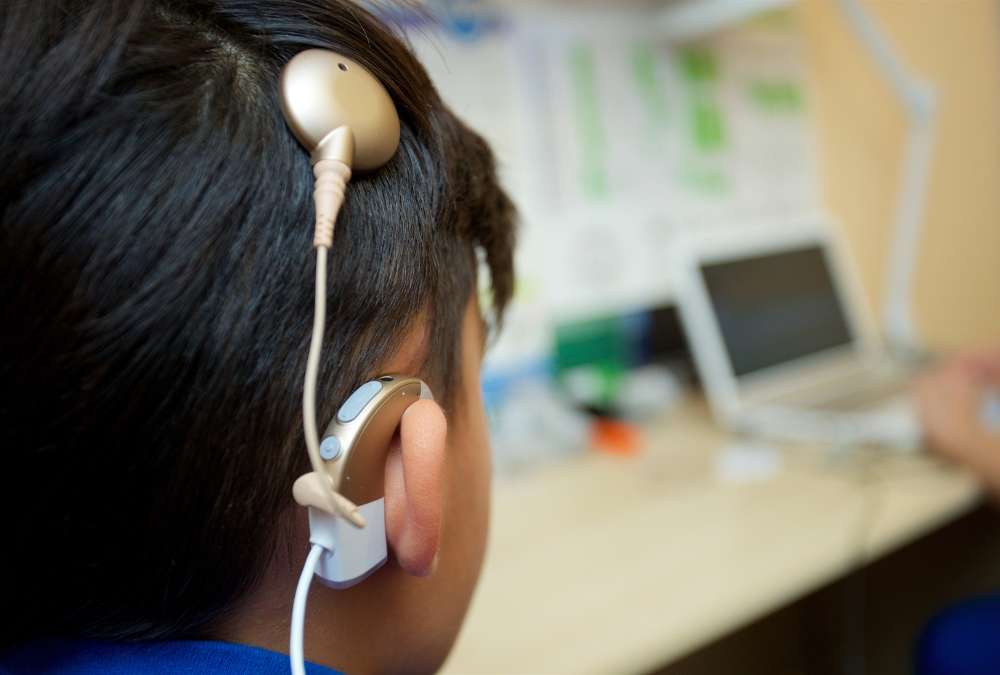When a person develops hearing loss, it can impact the quality of their life significantly. While hearing loss cannot be reversed, there are various solutions that can help improve hearing and therefore improve the person’s quality of life. Many people rely on hearing aids and cochlear implants to improve their hearing.
The difference between cochlear implants and hearing aids
Hearing aids are designed to amplify sounds from the environment. These devices transmit the amplified sounds at a level that the ear can detect. They are small devices that are fitted in or behind the ear and are most suitable for children as well as adults that are suffering from mild to moderate hearing loss. These devices come in a wider range of styles to suit different preferences.
Cochlear implants are more complex than hearing aids. These are placed surgically into the air. They work by bypassing the damaged part of the inner ear to stimulate the auditory nerve directly. They are ideal for those with profound deafness or severe hearing loss. While they do not restore hearing to what it was before, they allow the wearer to experience a sensation of sound. They can therefore communicate with others and be more aware of what is happening around them.
Which is Better?
There is none that is better or worse than the other. Both hearing aids and cochlear implants are beneficial for those with hearing issues. However, they are designed to meet different needs. Hearing aids are useful for those with mild to moderate hearing loss. They can benefit those with conductive hearing loss (i.e. hearing loss that stems from the middle or outer ear) as well as those with sensorineural hearing loss (i.e. hearing loss that stems from the inner ear or the auditory nerve). Cochlear implants are beneficial for those with severe hearing loss that is sensorineural.
If you’re wondering what type of hearing device to go for, you should see your ENT or an expert audiologist. They will examine your hearing and diagnose its cause and the extent of the damage. They will then determine the best treatment for your condition.

